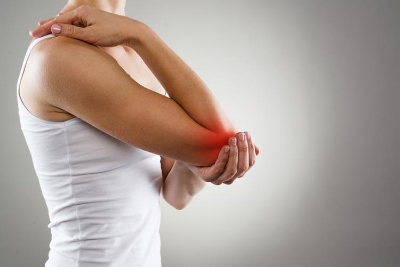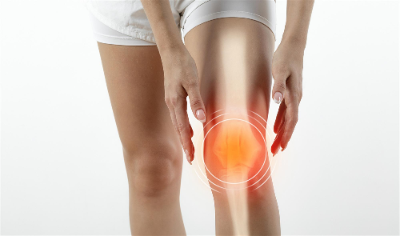
What is Bursitis?
Bursitis is the inflammation of a bursa.
A bursa is essentially a sac of fluid that reduces friction between two moving structures in your body e.g a tendon and a bone. The bursa allows the movement of structures to become smooth and effortless, reducing irritation.
You have more than 150 bursae throughout your body and are found where muscles and tendons glide over bones.
What Causes Bursitis?
Your bursa can become painful via direct trauma, via repeated irritation or some systemic conditions can also predispose you to bursitis.
It is important to note that the bursa will become inflamed and sore in most painful joints and is often a result of a problem with other structures.
For example:
The shoulder bursa (subacromial bursitis) will become irritated with a rotator cuff pathology or weakness to the shoulder during overhead activities. In this case we would need to rehabilitate the rotator cuff and shoulder function.
Another common bursitis we see is trochanteric bursitis or hip bursitis. This is most commonly caused due to weak gluteal/hip muscles, placing increased compression and irritation to the tendon and bursa. The treatment for this is is to increase the glute and hip muscle strength and control.

Common types of bursitis include:
- Bursitis Shoulder (Subacromial Bursitis)
- Bursitis Hip (Trochanteric Bursitis)
- Bursitis Knee (Patella Bursitis)
- Bursitis Elbow (Olecranon Bursitis)
- Bursitis Heel (Retrocalcaneal Bursitis)
Bursitis of the patella (knee) is often caused by a fall and direct impact to your knee cap, causing compression the the bursa sac and resulting inflammation.
Treatment:
A common question we get asked is:
Is a cortisone injection helpful?
This is to be determined case by case and may only be required in very persistent and painful conditions.
IMPORTANT:
This cortisone injection may reduce the pain and inflammation, however if you do not not fix the cause then the same issue is likely to arise once the injection wears off.
Recurrent flare ups can be common, which is why it is important to make sure you find out WHY your bursa is inflamed. Once we know the reason why, it then becomes much easier to control the pain and prevent flare ups.
Common causes being poor biomechanics, muscle weakness and tightness all in which one of our physiotherapists can help identify and correct.
If you want to know more about bursitis or are struggling with getting on top of a problem, get in touch and one of the team at Active Answers Physio in Seaforth will be able to help you out.
BOOK ONLINE